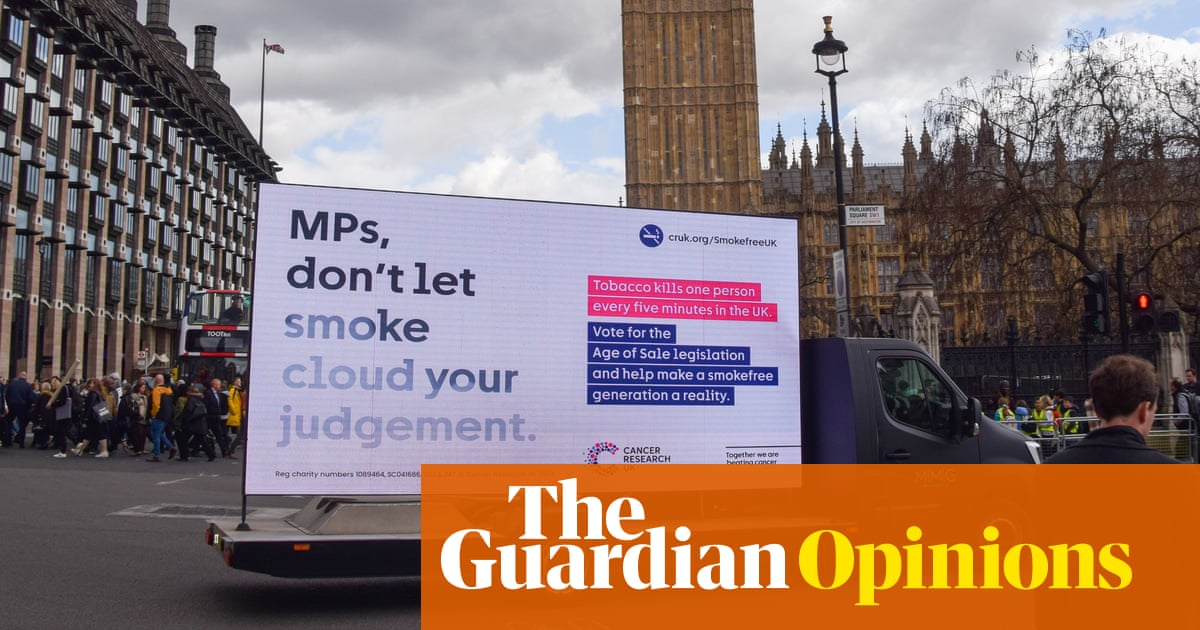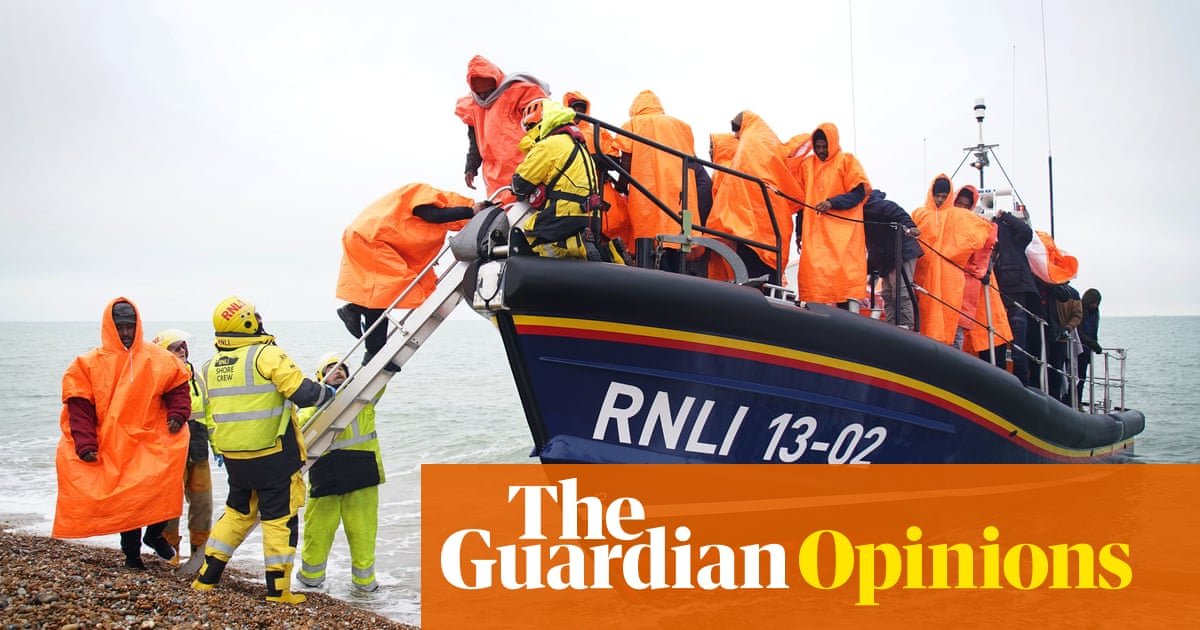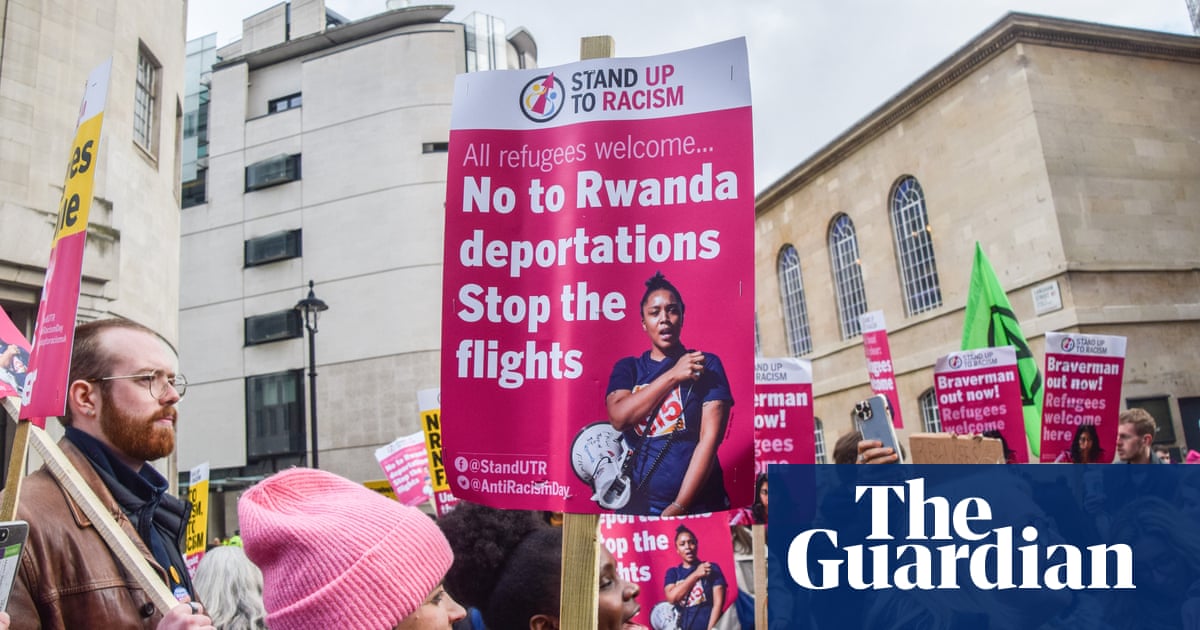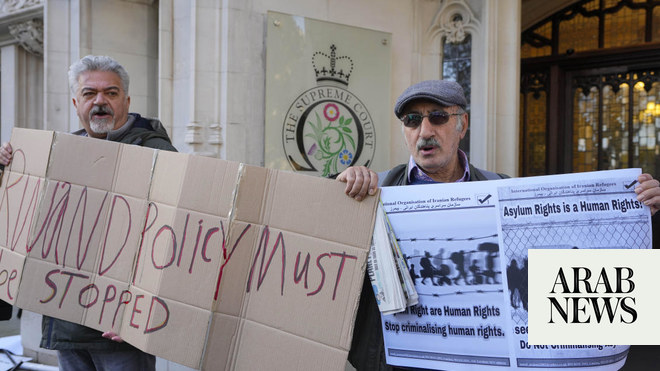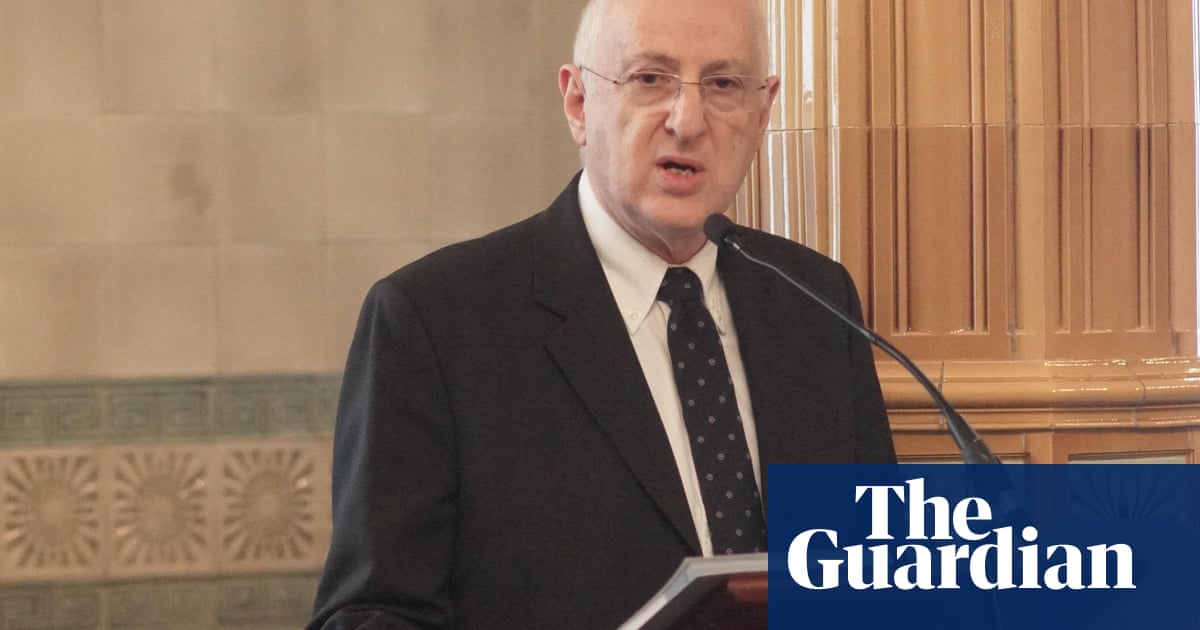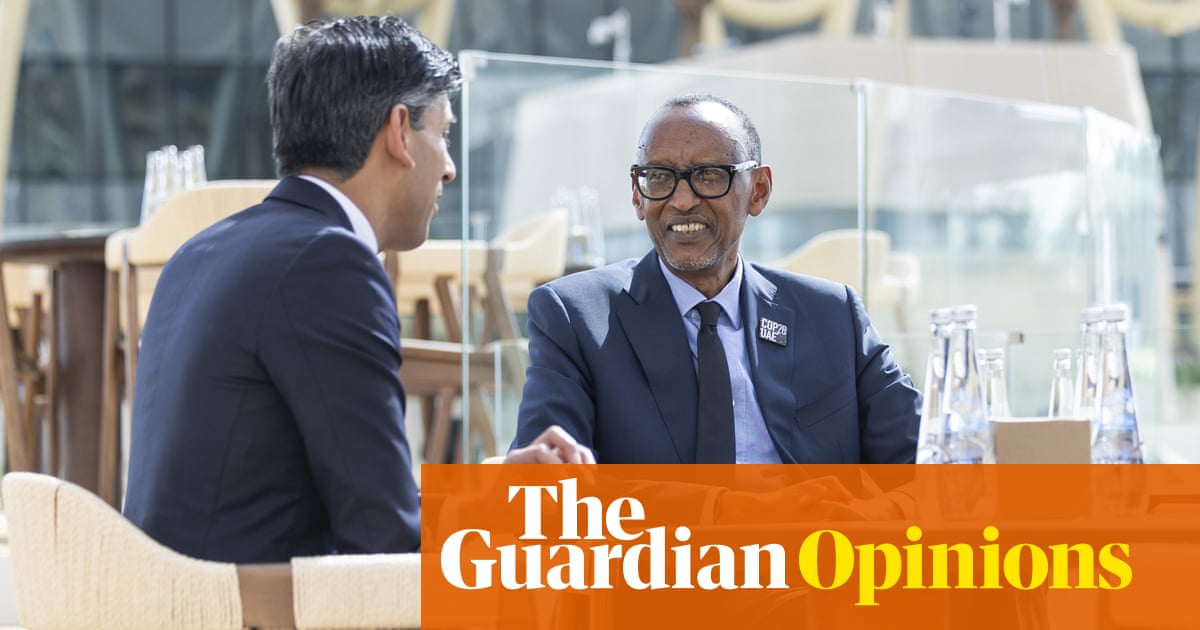
At first, 130 people were notified they could be on the June 14 flight. Then it went down to 37, then 11 and, finally, it was empty. Was this the most notorious non-flight in recent British history, a waste of £500,000 ($611,000)?
This non-flight to Rwanda was the result of a memorandum of understanding signed between the UK and Rwanda in April. London wants to send asylum seekers on a one-way ticket to the East African state. Rwanda will receive an initial £120 million for the service.
Furious Home Secretary Priti Patel described the grounding of the flight as an “absolutely scandalous” move. The UK courts did not decide to stop the flights prior to a judicial review. It was left to the European Court of Human Rights to nix the attempt. The Strasbourg court did not rule on whether it was legal but insisted that the flight should not leave until a British judicial review in July had been completed. Moreover, an Iraqi man faced “a real risk of irreversible harm” if he remained on the flight.
The story of the non-flight is an embarrassment to many in the UK. People who had suffered in their countries of origin, who appeared to be legitimately fleeing persecution, were bundled onto the plane, some handcuffed. One person was put in a restraining harness. The 25-year-old Zoran, a Kurd, claimed: “I felt like I was going to die. It felt like nothing I have ever gone through before.” He had arrived in the UK by boat 40 days earlier after fleeing political persecution.
The government’s contention is that the policy is designed to target the people smuggling rings. This is a major issue. These smuggling networks trade on the suffering of the most vulnerable, making fortunes in the process. They send refugees out onto the water on unseaworthy vessels. Back in 2016, the UN Office on Drugs and Crime estimated that more than 2.5 million migrants had been smuggled globally, making a handsome $7 billion for the smugglers.But will this policy be effective? As the government can only send a small proportion of asylum seekers arriving in the country to Rwanda, it is hard to see it being a deterrent. Just how deporting anyone to Rwanda will stop or even hinder the people smugglers is hard to see. More than 400 crossed the English Channel in just one day last week. So far this year, the number is more than 11,000. The sheer cost of jetting them all off to the landlocked African state would be prohibitive. It is still not clear how much it will cost per asylum seeker.
Is Rwanda a suitable destination? The UK government clearly thinks so and Denmark, among others, is interested in following the British lead. It is quite something to transfer asylum seekers 6,500 km to the heart of another continent. Imagine if you had already travelled 4,000 km from Iraq, spending thousands of dollars on the way and enduring dangerous and crippling journeys.
Many praise Rwanda’s economic miracle. President Paul Kagame has tried to rebuild the country after the horrors of the 1994 genocide. He has been in power since 2000, having been elected for a third time in 2017 with 99 percent of the vote. But this is no democracy. Human rights groups point to major concerns. Back in 2018, Rwandan police killed 12 refugees at the Kiziba camp in the west of the country as they were protesting about food rations. Nobody was held accountable for the killings.
Yet there are technical objections too. Unlike the UK, which has a well-funded immigration service, Rwanda lacks the capacity to deal with so many.
There is an uninspiring precedent, as Israel had a secret program to return asylum seekers to Rwanda and Uganda. About 4,000 Eritreans and Sudanese were transferred to these countries over a three-and-a-half-year period. It failed and was ended as most of them disappeared without a trace.
Remarkably, Patel said that many of those objecting to the Rwanda plan were racist. “If it was France, if we were sending people to Sweden, New York, Sydney, would they change their mind? That actually speaks of inbuilt prejudice and I would even go as far as to say, racism.”
Opponents argue that it is the government’s plans and its creation of a hostile environment that smacks of racism. The Archbishop of Canterbury tweeted that “the Church of England’s opposition to deporting asylum seekers without any kind of assessment or care is not because the destination is Rwanda. We would oppose such heartless treatment wherever people were sent.”
Others pointed out that white Ukrainian refugees have the option of a safe route to the UK. British families are even paid to host them. Refugees from other parts of the world do not have this option. Routinely, government ministers and supporters state that people should only come to the UK through legal routes, but where is the legal route if you are a Syrian or an Iraqi?
Many believe this is merely a government ploy, the latest piece of political chicanery to stir up division, engage in blame games and distract from its domestic woes. Even in the best-case scenario, the Rwanda scheme will not resolve the issue of immigration. Too few will ever get relocated and it is unlikely to act as a deterrent. Many argue that the government is posturing, posing as tough on immigration, to adopt the most extreme measures to reduce the numbers coming to the UK.
Politically, Conservative voters love the policy. Immigration was a key driver for voting to exit the EU. Government ministers will enjoy attacking their twin hates of lefty lawyers and foreign judges for holding up these flights. Yet their dreams may flounder on more prosaic considerations such as cost.
The Rwanda scheme is political theater at its worst. It is a costly ploy that will neither hit the smuggling networks nor resolve the underlying drivers of migration. In the process, many legitimate asylum seekers will suffer.
Solutions are not easy, but rich countries should not just offload their legal and moral responsibilities onto the developing world. In this, the UK is far from alone. Walls, barriers and forced returns are very much in vogue among richer states. Much more needs to be done to end conflicts, crippling poverty and other drivers of migration. Not enough resources have been devoted to arresting the smugglers and ending their profitable enterprise. Safe routes for the most vulnerable need to be opened up in a nondiscriminatory fashion. Above all, those fleeing persecution and war have to be treated as human beings, not as the unwanted detritus of a third-class humanity.
• Chris Doyle is director of the Council for Arab-British Understanding in London. Twitter: @Doylech




